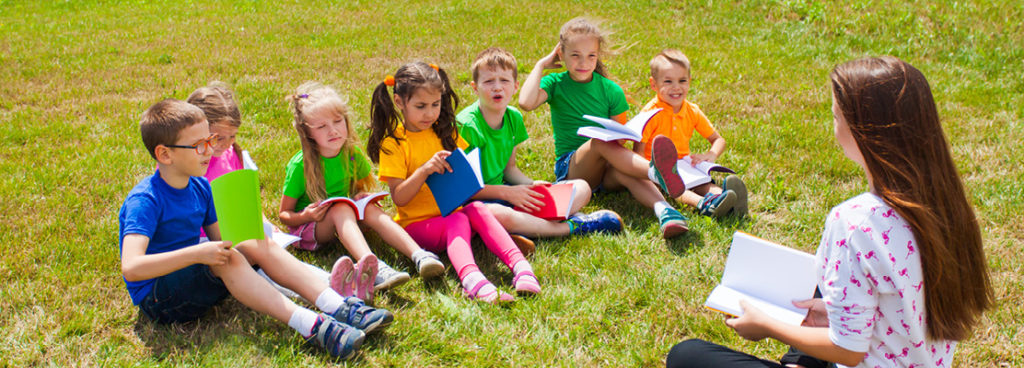Primary testing – were parents and head teachers right to protest?
Ministers have made both KS1 and KS2 tests more difficult in a hope to raise standards. Earlier this month, a number of parents kept their children off school for a day in protest over primary tests in England, with thousands of parents signing a petition calling for a boycott. Many unhappy head teachers have also resigned over latest ‘crushing wave of government reforms.’
All children face exams at some stage throughout school, but many parents and head teachers are arguing that seven is too young to start. Parents supporting the ‘Let Our Kids Be Kids’ campaign have complained of a “damaging culture of over-testing.”
National curriculum tests, commonly called SATs, are taken by 11 year olds in England. During their last year of primary school, students sit tests in English and maths and the results are used to compile primary school league tables.
Five-year-olds are also now being taught fractions and computer coding as part of the new national curriculum.
In an open letter to the education secretary, campaigners have warned of schools becoming “exam factories” and that testing causes young children to be stressed and feeling like “failures”. It has emerged that many students have been left in tears after taking exams that some believe would be more suitable for 15 year olds.
Children’s novelist and poet Michael Rosen has spoken of receiving letters from parents, teachers and school governors telling him about the stress that children in year 2 and year 6 are under.
Education Minister Nick Gibb, who recently answered a SATs question wrong in an interview, claims that tests improve standards and do not need to be stressful. He suggests that any short-term stress is worth it in the long run, if it means that children finish school with better results.
In a survey carried out by the BBC last month, children were asked to pick a variety of words describing their mood in the run-up to the tests:
- 59% said they were nervous
- 39%, worried
- 27%, stressed
- 17%, sad and moody
- 16% said it affected their sleep.
Some of the more positive words children used to describe their feelings about tests were:
- 21% confident
- 13% excited
- 11% happy
Only 10% said they hated taking exams.
The National Association of Headteachers (NAHT) and the National Union of Teachers (NUT) believe the tests are bad for children’s education. They claim teachers feel pressurised to spend so much time preparing students for the tests that compile primary league tables that it takes over the time for the other lessons. They have argued that teacher assessment is the best way to assess a student’s progress and is less intimidating and stressful.
We understand teachers are under considerable pressure for students to perform well on SATs, however head teachers have warned that the pressures felt by schools are being passed on to the students. What are your thoughts on primary testing? How are they affecting your students? Join the debate today – contact us and share your opinions.



